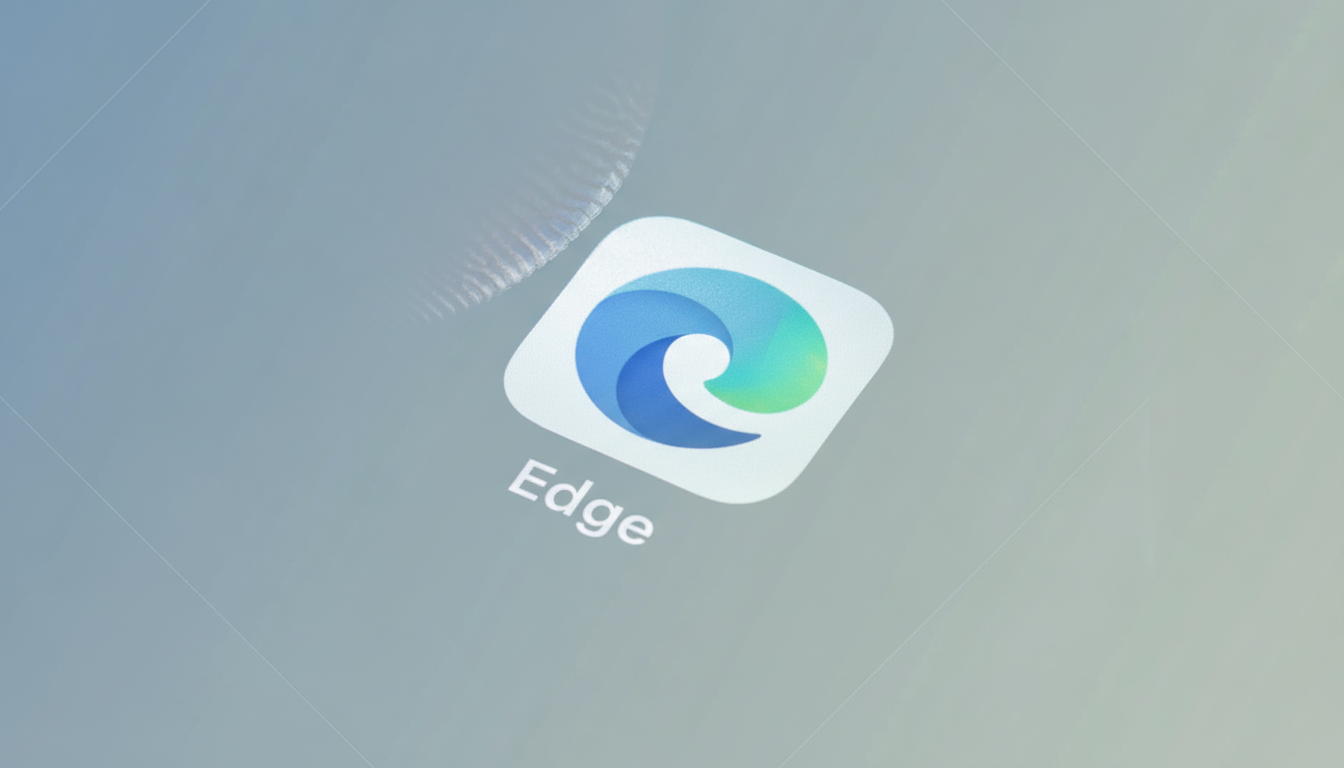In the coming weeks, Microsoft is launching a series of Copilot upgrades for Edge that eerily resemble the marquee features in OpenAI’s newly introduced Atlas browser, suggesting rapid movement toward agentic web browsing and context enriched with AI.
Agentic Actions Arrive in the Microsoft Edge Browser
The standout addition is called Actions, an “agentic” feature allowing Copilot to execute multi-step tasks within Edge. Microsoft claims the browser can make restaurant reservations, fill out forms, and even rummage through your email inbox to unsubscribe you from shopping newsletters — tasks that go beyond basic summarization or search.
- Agentic Actions Arrive in the Microsoft Edge Browser
- Journeys and Memory Features Are at the Center of Edge
- The Technical Stack Behind the Similarity in Edge
- Why It Matters for the Next Phase of Browser Competition
- Privacy Controls and Guardrails for Agentic Browsing
- Early Use Cases and Where Edge Finds a Competitive Edge
- Bottom Line on Copilot, Edge, and the Atlas Comparison

That change mirrors the core premise of Atlas, which debuted with ChatGPT-powered automations that could definitely do work for you (not just answer questions). It is the same bet being placed around the industry: users want a browser that does something, not just talks about something.
Journeys and Memory Features Are at the Center of Edge
Edge’s updated Journeys feature consolidates your research trails across sessions, resurfacing previous pages and notes so you can return to where you left off. Combined with an option to let Copilot see your browsing history for richer responses, Microsoft is clearly prioritizing long-term context. Ask for “that blue hoodie I was checking out a week ago” and Copilot can gather up related tabs and sources.
Atlas is pressing on much the same concept with persistent memories of browsing, and the overlap feels natural; they’re two apps converging in the same meta at the core grammar of AI browsing: recall > continuity > action.
The Technical Stack Behind the Similarity in Edge
These ideas also resemble each other for a very practical reason. Copilot in Edge runs on OpenAI’s GPT family — its technological roots are something akin to ChatGPT within Atlas. With shared model capabilities, nothing else should surprise you. Edge also refactors the new tab page into a single, universal textbox for search and prompts; it supports natural voice navigation — a convention championed by AI assistants throughout devices.
Why It Matters for the Next Phase of Browser Competition
Agentic browsing might be the first true product wedge in years. In StatCounter’s newest desktop numbers, for example, Chrome remains on top by a wide-margin lead; Edge hovers in the low-teens share and Firefox lurks in the mid-single digits. If AI helpers do become the default workflow for research, shopping, and bookings, a more integrated agent or two may be able to move user loyalty quicker than performance tweaks ever did.
OpenAI, for its part, solves that problem by bringing an enormous user base already trained to use conversation-like workflows. The company had previously claimed over 100M weekly active users for ChatGPT, providing Atlas with a pre-built funnel. Microsoft has distribution on its side: Edge ships with Windows and increasingly integrates Copilot into the OS and Microsoft 365.

Privacy Controls and Guardrails for Agentic Browsing
Allowing a browser to act on your behalf naturally raises some concerns. To allow Copilot to access your browsing history or email, you’ll need to give clear consent and grant granular controls. Enterprise admins will also seek policy switches to limit memory, form automation, and data sharing — particularly in regulated industries.
And in practical terms, permission prompts, transparent activity logs, and reversible settings are going to become table stakes.
Without trust, agents will stall. With it, they become indispensable.
Early Use Cases and Where Edge Finds a Competitive Edge
“The value proposition is the least sexy but potentially the most valuable to me, and I appreciate that,” said Tim Devaney, an investor with Icon Venture Partners. The early wins are mundane:
- Automated returns
- Rescheduling appointments
- Warranty claims
- Subscription management
Throw in research Journeys that can compress a week’s worth of tabs into a cohesive brief and the time savings are genuine. For shoppers, an agent who monitors price drops and checks out with saved preferences is a simple habit to pick up.
If Microsoft delivers Actions and memory correctly, Edge gets a distinct beat — particularly with the Windows people who are already leaning on Copilot. If OpenAI continues to ship features that are designed Atlas-first, it forces incumbents into a higher tempo. Either way, the browser is becoming more of a doer, and less just a window to the web.
Bottom Line on Copilot, Edge, and the Atlas Comparison
Microsoft’s new Copilot updates arrive at just the moment Atlas redefines what an AI browser should be. This overlap is not just coincidental — it is where the market is going. The next battle is less about speed or benchmarks, and more about which agent you trust to act across the messy sprawl of the web.

